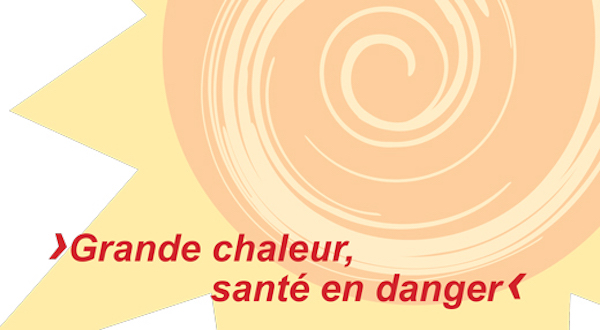
Luxembourg’s Ministry of Health, along with the Luxembourg Red Cross and COPAS (Confederation of Assistance and Care Sector Providers), presented the national heat wave plan for this upcoming summer, to not only alert residents of the dangers excessive heat can cause, but also to ensure the necessary infrastructure is in place, should any intervention in the field be required.
Following the great heat wave in the summer of 2003, the Ministry of Health introduced a national heat wave plan in 2005. It aims at minimising the real public health risks associated to high heat, especially vis-à-vis vulnerable and isolated people, for whom the plan provides specific procedures to follow, allowing them to register to benefit from monitoring and checks, and assistance with hydration.
Infants, the elderly, or those suffering from chronic diseases, such as heart and kidney-related, or mental illness, are especially subject to frailties caused by excessive heat.
The plan offers people aged 75 and over, who live alone (or with an incapacitated person), with limited autonomy, surrounded with little else, and without insurance, to register for regular surveillance visits and hydration assistance.
To register for these visits, those interested should fill out a form from the Ministry or Red Cross websites, by 15 June. Subsequent submissions are possible, however the integration of available slots will be more difficult to accommodate. The Red Cross has also opened a call centre helpline (2755), which will be open from 07:00 to 22:00, seven days a week, for all important information – registration process, eligibility for the aid, advice and guidance.
In practice, during a heat wave, the Health Service triggers an alert, with reminders to the general public. The home visits are carried out by assistance and home care networks grouped within COPAS.
Certain general recommendations, in case of a heat wave, include the daily check-up of neighbours or family, who are sickly or elderly and live alone, particularly in terms of mineral water stock and consumption, ensuring:
- they consume at least 1.5 litres of mineral or sparkling water per day
- they spend several hours a day in a cooled down environment (shade)
- their windows, shutters and blinds are closed during the day
- they take regular refreshing showers or baths
Photo by Luxembourg Red Cross








